UK inflation soars to highest level in almost 30 years
The UK’s annual inflation accelerated in December to its highest level for nearly three decades, official data showed on Wednesday.
The annual rate soared to 5.4 percent last month after 5.1 percent in November, the highest since March 1992, according to a statement by the Office for National Statistics (ONS).
The inflations was fueled by price gains for food, with costs also increasing for restaurants and hotels, furniture and household goods, as well as clothing and footwear, showed the data.
Household finances are being squeezed across the board as there have been staggering increases in gas and electricity tariffs, with the Bank of England projecting inflation to hit 6 percent in April.
“The inflation rate rose again at the end of the year and has not been higher for almost 30 years,” said Grant Fitzner, chief economist at ONS.
“Food prices again grew strongly while increases in furniture and clothing also pushed up annual inflation,” Grant said, adding, “These large rises were slightly offset by petrol prices, which despite being at record levels were stable this month, but rose this time last year."
A slew of reports have shown the country’s economy heading into a challenging spring, with a strong increase in consumer prices badly affecting household disposable incomes and weakening consumer confidence.
“I understand the pressures people are facing with the cost of living and we will continue to listen to people's concerns as we have done throughout the pandemic,” said Chancellor Rishi Sunak.
“We’re cutting the Universal Credit taper to make sure work pays, freezing alcohol and fuel duties to keep costs down, and providing targeted support to help households with their energy bills.”
Suren Thiru of the British Chambers of Commerce (BCC) said earlier this month that the economy was likely to contract in the first months of this year as the message to work from home and avoid large gatherings had an impact on sales.
“The UK economy is starting 2022 facing some key challenges. The renewed reluctance among consumers to spend and staff shortages triggered by Omicron and plan B may mean that the UK economy contracts in the near term, particularly if more restrictions are needed,” added Thiru, the BCC’s head of economics.
South Korean President Yoon arrested over failed martial law bid
VIDEO | Press TV's news headlines
US budget deficit surges to record $711 billion
VIDEO | Yemeni army conducts three attacks against Israel within 12 hours
VIDEO | Gaza’s kidney patients face imminent death amid lack of fuel
Yemeni drones hit targets in Israel-occupied Yaffa
VIDEO | Is the worst yet to come?
ICC prosecutor pushes rejection of appeal on Netanyahu arrest warrant


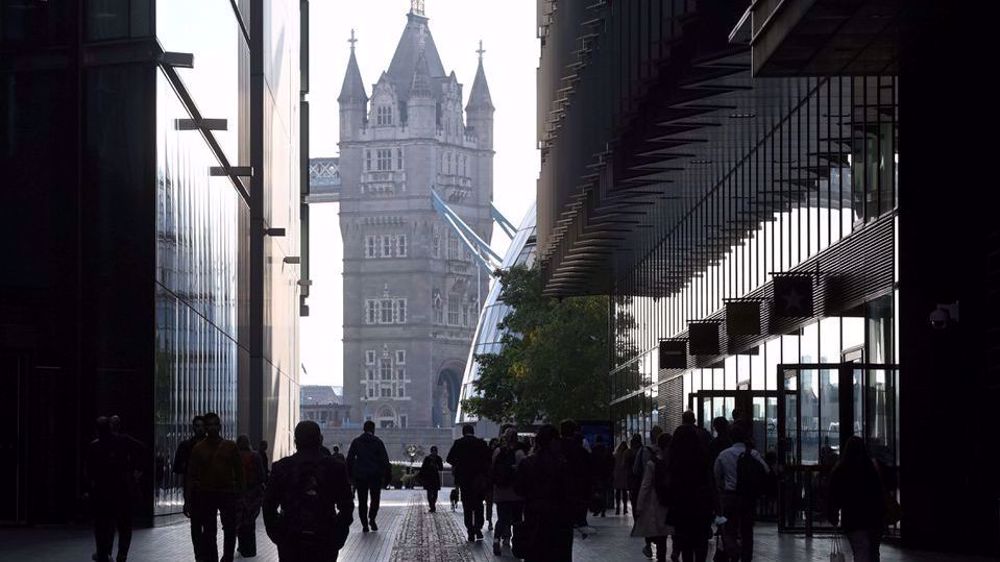
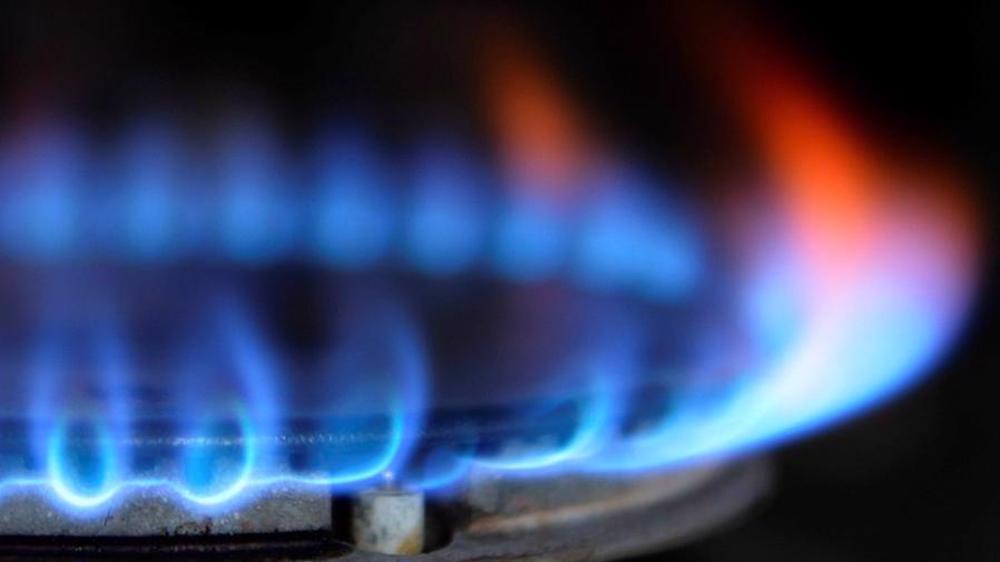
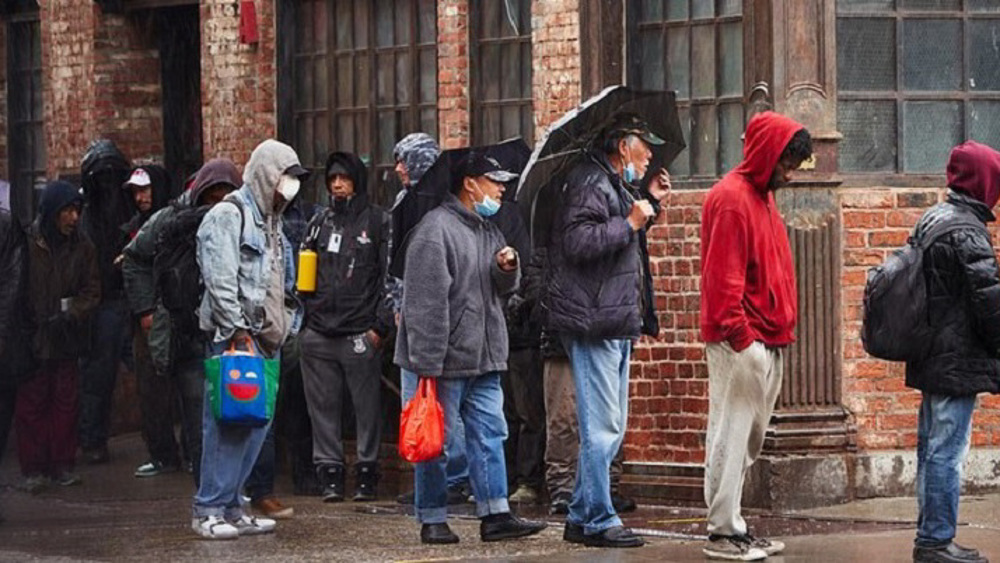
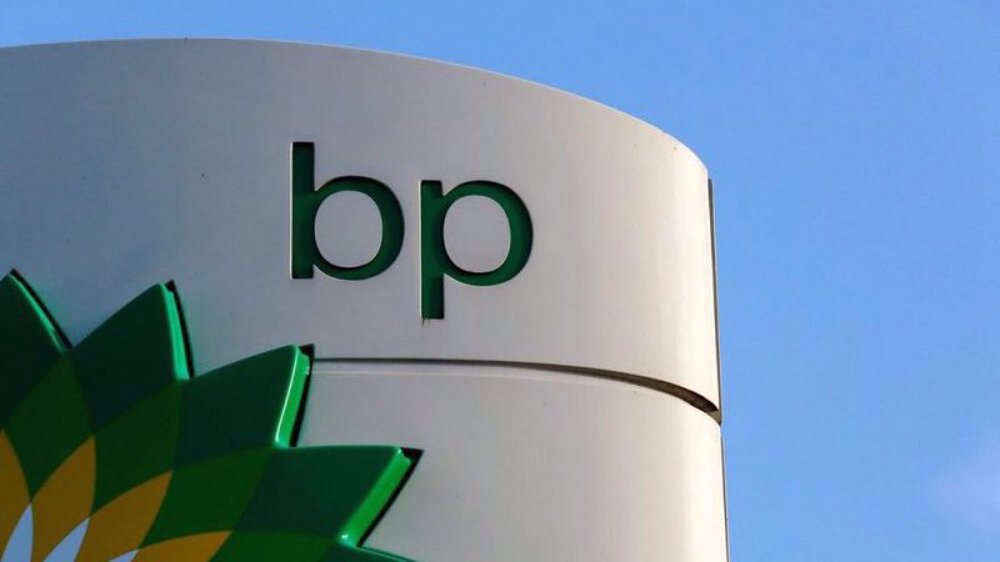

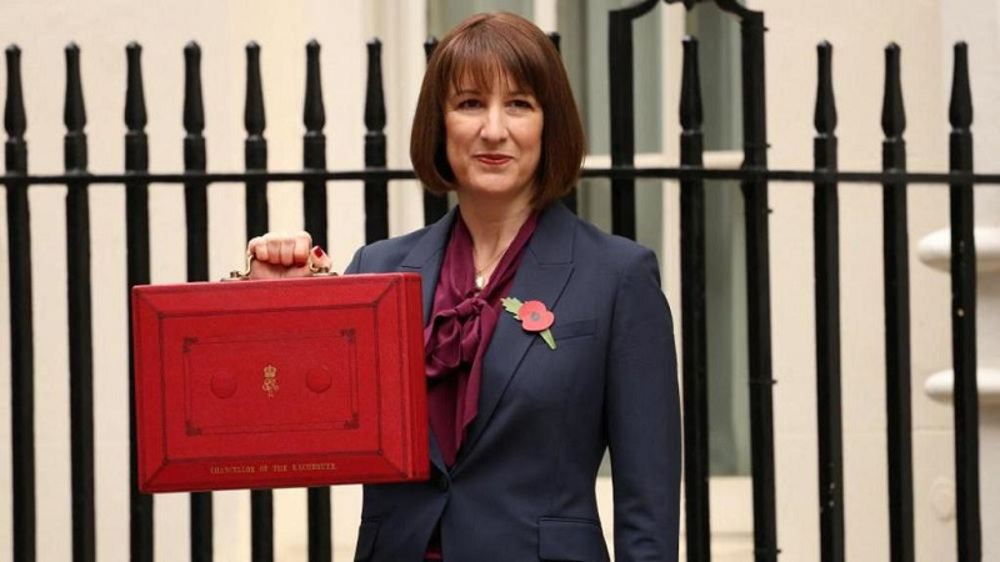




 This makes it easy to access the Press TV website
This makes it easy to access the Press TV website